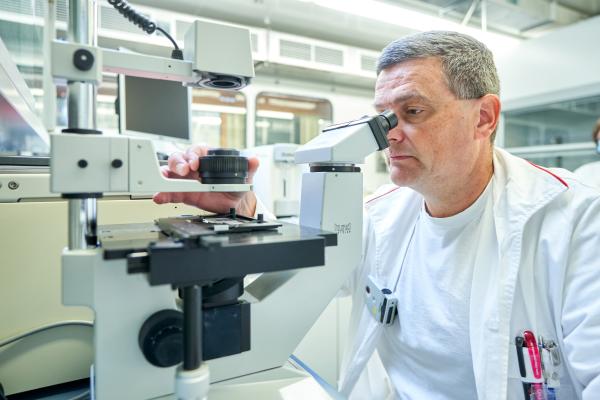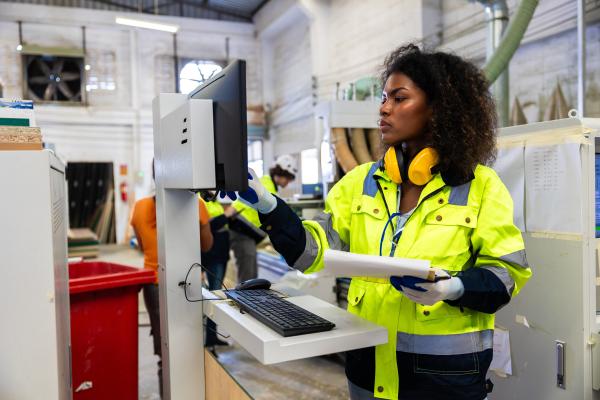
Cultural diversity and democracy are core values of the European Union, deeply rooted in its foundational treaties. Yet, the rise of populist, nationalist and radical discourses poses a threat to these values, and undermines the democratic principles of our European society.
To mitigate the danger of such fragmentations, and strengthening our European values and active citizenship, education emerges as a powerful tool. Empowering teachers with the right intercultural and democratic competences is critical to effectively address diversity in our societies, foster mutual understanding, and achieve social integration.
The urgency to equip European teachers with intercultural and democratic competences has been echoed by both teachers and teachers’ educators.
A JRC project delved into this problem and addressed the question: how can teachers be better prepared to address cultural diversity. Its findings laid the groundwork for the Council of the EU’s conclusions on the role of education and training to strengthening common European values and democratic citizenship published last November.
The research supports policies in the field of intercultural and democratic competence of teachers, identifying innovative and effective practices in teacher education, which successfully addressed the existing barriers for teachers' competences development.
The results have been published in a series of six reports providing solid evidence of how to address teachers' intercultural and democratic competence development.
A common definition and key enablers
The first two reports of the series provide a framework for intercultural and democratic competence definition, and analyse key enablers and barriers. Dealing with diversity is a crucial need for educators in order to be successful in their teaching.
Some key components to develop teachers’ competences are:
- Developing a common understanding of what intercultural and democratic competences are;
- Supportive policies and effective initial and continuous education for teachers;
- Supportive pedagogical and assessment tools; and
- Adopting a whole school approach involving the whole education community.
Case studies, guidelines and policy recommendations
The subsequent reports, analyse 21 innovative case studies, and provide policy recommendations and detailed guidelines for implementation aimed at policy makers, tertiary education institutions, schools, and non-formal education providers and civil society organisations.
Among the recommendations for European policy makers, the study indicates:
- Stronger synergies with the activities undertaken by the Council of Europe;
- Continuous financial support for training, communities of practice and networking opportunities for teacher educators;
- Wider notion of ‘cultural diversity’ as ‘human diversity’ - away from a migrant-oriented definition – when promoting intercultural competence; and
- Active involvement of non-formal education providers.
A collaborative effort for a unified goal
All these actors, including Ministries of Education, teachers and formal and non-formal education providers, play an important role, and their cooperation is vital to succeed in developing the intercultural and democratic competences in teacher education.
Other relevant innovative elements include:
- participatory and contextual approach for curricula development,
- experiential and participatory learning,
- developing critical thinking
- teachers’ expert mentoring.
Background
The project “Educational needs of teachers in the EU for inclusive Education in a Context of Diversity” (INNO4DIV) supports the European Commission policy priorities (2019-2024), in particular, “Promoting the European way of life, Protecting our citizens and our values".
The deliverables of the project have contributed to the preparation of the Conclusions of the Council of the EU on "Common European values and democratic citizenship: the role of education and training in the spotlight" published last Nov 23rd 2023.
Related links
- Implementation Guidelines for Intercultural and Democratic Competences Development in Teacher Education
- Towards intercultural and democratic competent teachers in the EU: Key findings from literature and practice and recommendations for policymakers
- Overview of 21 innovative cases for the development of intercultural and democratic competences in teacher education
- Assessment guidelines for teacher education and training practices on intercultural and democratic competence development
- Literature review on key enabling components of teachers' intercultural and democratic competence development and their associated barriers
- Teachers’ intercultural competence, working definition and implications for teacher education
Details
- Publication date
- 14 December 2023
- Author
- Joint Research Centre
- JRC portfolios




